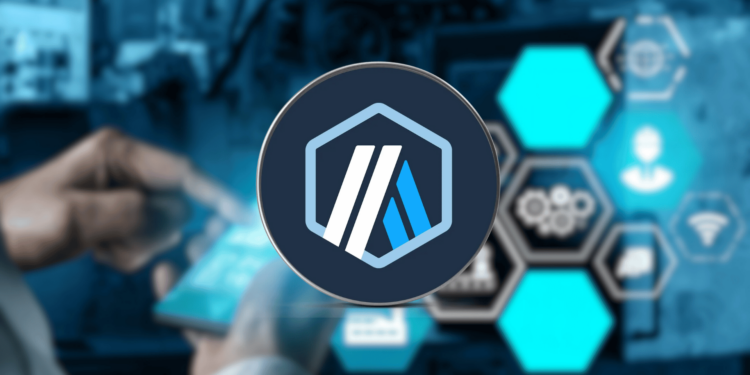- BoLD ensures disputes are resolved within 12.8 days, eliminating delays caused by bad actors.
- A censorship timeout mechanism addresses sequencer outages, enhancing transaction reliability.
- Arbitrum One adopts permissionless validation, while Nova retains a whitelist model bolstered by Infura.
Arbitrum, Ethereum’s largest layer-2 solution, is introducing a groundbreaking dispute resolution system known as the Bounded Optimistic Liveness Dispute (BoLD) protocol. This initiative promises to boost transaction efficiency while tackling delay attacks. With unanimous support from the Arbitrum DAO, BoLD could soon redefine how validation works across its ecosystem.
BoLD Protocol: Fixing Transaction Delays and Opening Validation
The BoLD protocol introduces a fresh approach to Arbitrum’s validation system. Traditionally, the network relied on a permissioned set of validators to manage disputes and ensure fraud-free transactions. While effective, this system has its drawbacks, such as potential delays caused by bad actors exploiting the process.
BoLD eliminates the need for a restricted validator set by enforcing a fixed 12.8-day resolution period for disputes. This change guarantees disputes are resolved efficiently, removing bottlenecks in transaction processing. Notably, BoLD has been tested on the Arbitrum testnet since April 2024, showing promising results.

According to the proposal:
“BoLD mitigates the risks of delay attacks using a different mechanism—by enforcing a fixed upper time bound on dispute resolution.”
Key Features of the BoLD Protocol
One standout feature of BoLD is its censorship timeout mechanism. This feature addresses issues like sequencer censorship and outages, ensuring transactions proceed even when the sequencer faces disruptions. For instance, on Dec. 15, 2023, Arbitrum One experienced a 78-minute outage due to a surge in network traffic, which stalled the sequencer. The BoLD protocol is designed to prevent such incidents from halting the network.
Another important detail is BoLD’s selective implementation. While Arbitrum One—which has a $17.7 billion total value locked (TVL)—will adopt a permissionless validation model, Arbitrum Nova will retain its permissioned approach due to its smaller TVL of $43 million. To enhance Nova’s security, the proposal includes adding Infura to its validator whitelist.
Infura Enhances Arbitrum Nova’s Security
Infura, a blockchain infrastructure provider, is set to play a pivotal role in Arbitrum Nova. By joining Nova’s validator whitelist, Infura will increase the number of active validators, bolstering the network’s security, stability, and reliability. This addition ensures that Nova remains secure despite its smaller scale compared to Arbitrum One.
“The addition of Infura to Arbitrum Nova’s validator whitelist will increase the number of active validators, enhancing the network’s overall security,” the proposal highlights.
Deployment Timeline
The BoLD protocol, having already passed the testing phase, is set for deployment on Feb. 12 if the DAO vote concludes successfully. This rollout will include both Arbitrum One and Nova, although with distinct validation mechanisms to suit their respective scales and use cases.
With unanimous support from the DAO and a clear roadmap, BoLD is positioned to enhance Arbitrum’s ecosystem, ensuring faster and more secure transactions for users and developers alike.














